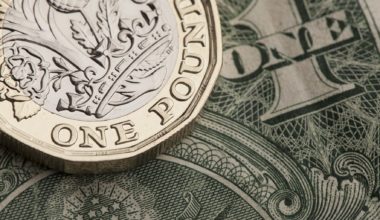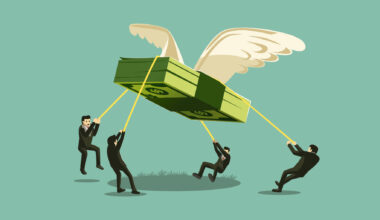On February 12th 2002, the then US Secretary of Defense Donald Rumsfeld responded to a question at a news briefing with what has since been labelled as the ‘There are known knowns’ speech. The short comment he made at the time has become so infamous it now has its own Wikipedia page and a 2013 documentary film about Rumsfeld was titled ‘The Unknown Known’, referring to the same comment. Here is what he said in full:
“… we know, there are known knowns; there are things we know we know. We also know there are known unknowns; that is to say we know there are some things we do not know. But there are also unknown unknowns – the ones we don’t know we don’t know.”
The comments were made in the context of the build-up to the 2003 invasion of Iraq and not long after the September 11th attacks on the United States. At the time and since, Rumsfeld has been criticised and often times mocked for this statement.
We would argue that, politics aside, taking the statement at face value, these are wise words with important implications for investors.
Rumsfeld’s now much maligned public thought exercise is in fact a technique used by, among others, intelligence agencies and NASA. It even has a name, the ‘Johari window’, a heuristic technique designed by psychologists Joseph Luft and Harrington Ingham to help people better understand relationships with others. The fundamental principle of the Joahari window is that by better understanding what we know, what we know we don’t know, and the acceptance of unknown unknowns, we can improve our relationships with others and the world around us.
The applications for investing are really important. It is easy to become over-confident, especially when the prices of assets you own are going up. This can generate a false sense of certainty and knowledge, which in fact is an illusion. Similarly, an over-reliance on modelling and the use of large data sets to reinforce investment propositions can sometimes obscure the simple fact that we do not know what will happen in the future. Thinking you know, when in fact you don’t know, is very dangerous for investors. Thinking you know when you don’t know is why we have investment bubbles, and then subsequent crashes.
Howard Marks, Co-Founder of Oaktree Capital Management, last week published a newsletter titled ‘The Illusion of Knowledge’, a publicly available newsletter we would highly recommend reading. In it he touches on this theme, emphasising the importance of knowing what you don’t know, as opposed to being someone who doesn’t know they don’t know. Again, a dangerous situation to be in as an investor.
Our message to investors is one of humility, not as an end in and of itself, but as a tool to succeed over the long-term in investment markets. Self-awareness, an acceptance of what can be known, what cannot be known, and applying this to how we invest, are critical factors, we would argue, to build into portfolio allocation decisions.
Disclaimer: The views expressed in this article are those of the author at the date of publication and not necessarily those of Dominion Capital Strategies Limited or its related companies. The content of this article is not intended as investment advice and will not be updated after publication. Images, video, quotations from literature and any such material which may be subject to copyright is reproduced in whole or in part in this article on the basis of Fair use as applied to news reporting and journalistic comment on events.


